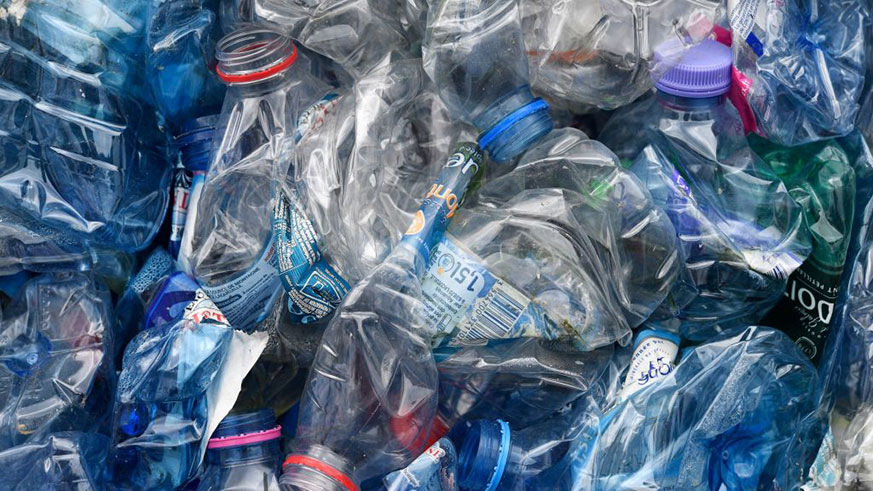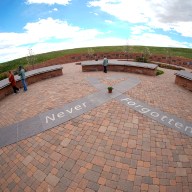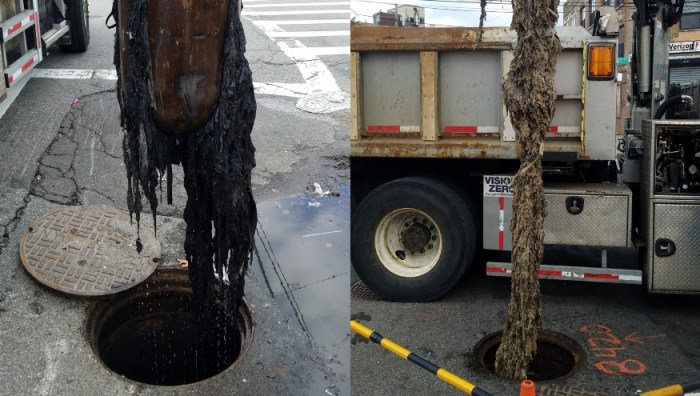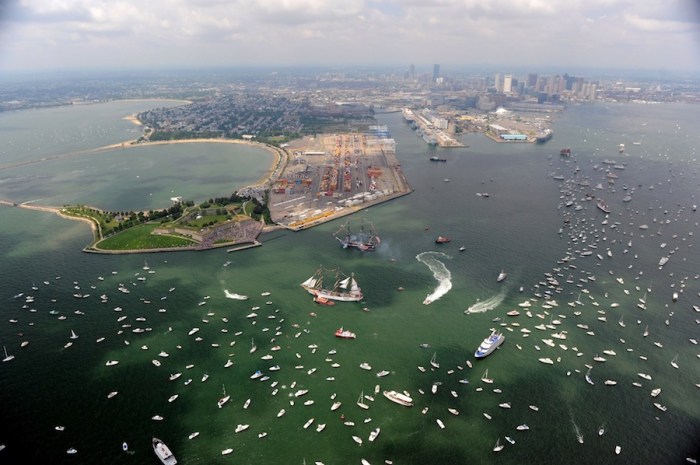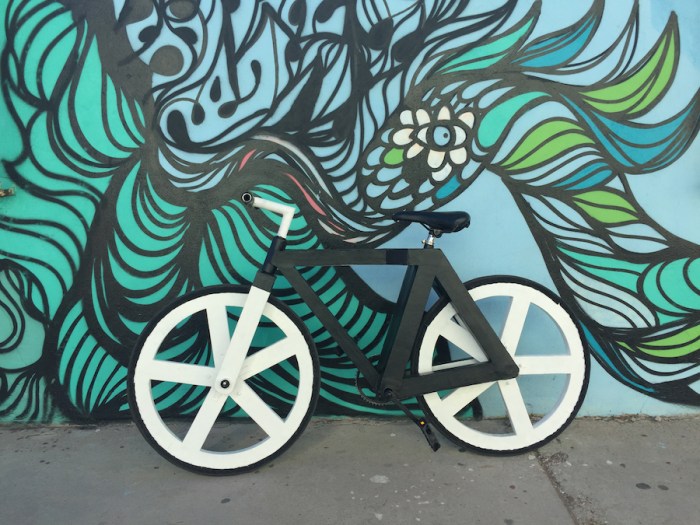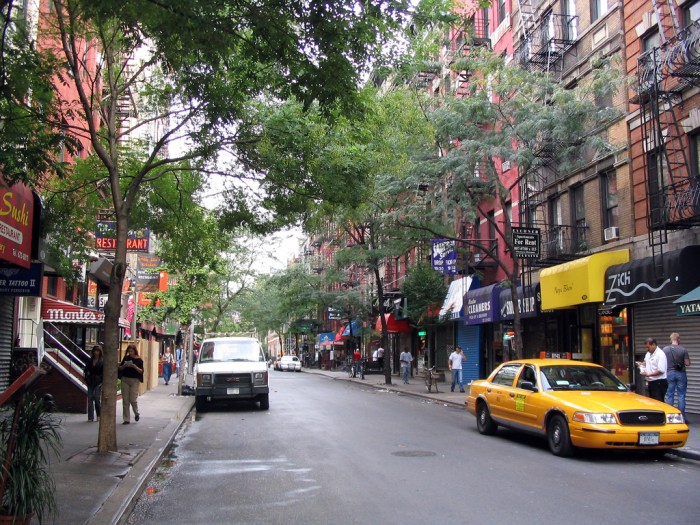In discussions of sustainability and the environment, the term “circular economy” is popping up more and more. It is as it looks: “circular” relates to recycling. But a truly circular economy goes a bit further than separating your paper trash from your glass and thinking of yet another excuse not to rinse out your yogurt cups.
What is a circular economy?
In a circular economy, the model isn’t “make and dispose” (extractive) but “reuse and eliminate” (regenerative). Materials are used for as long as possible, then recycled or reused, with the goal of creating zero waste. It’s not just a public-awareness campaign: The idea is start-to-finish, baked into a company’s business model or how products are designed, made, shipped and “sunset” (as consultants say). So products could be designed from recycled material or designed to have a specific afterlife.
A circular economy “aims to redefine products and services to design waste out, while minimizing negative impacts, underpinned by a transition to renewable energy sources,” says the Ellen Macarthur Foundation, a charity formed to speed the transition.
For example, Adidas is using plastic ocean trash to create a new sneaker line. Google has enacted a program to refurbish, redistribute or recycle its server hardware instead of simply junking it in its old age. Taking the concept to its logical conclusion: This month, the Zero Waste Bistro opened during the four-day NYCxDesign expo. Its walls, dishes and seating were made from recycled papers and plastics. The menu was designed to use local meat and produce to reduce shipping materials and to reduce food waste, and the space was engineered and designed to conserve water. It’s an offshoot from Restaurant Nolla, a pioneering zero-waste restaurant in Helsinki, Finland. The eatery describes its philosophy as “Refuse, reduce, reuse, and on last instances, recycle.”
Why are people talking about the circular economy now?
The concept has been percolating in Europe for years, but a number of stories have broken this month. Close to home, the temporary Zero Waste Bistro made a splash in Manhattan. Yesterday, Politico.eu released its rankings of what EU countries have the most and least circular economies. (Germany best, Cyprus worst.) And the European Circular Economy Working Group met in Brussels in from May 15 to 17 to discuss the EU’s progress and plans. It set new goals for recycling, aiming for 85% of paper and 75% of glass in packaging to be recycled by the year 2030.

